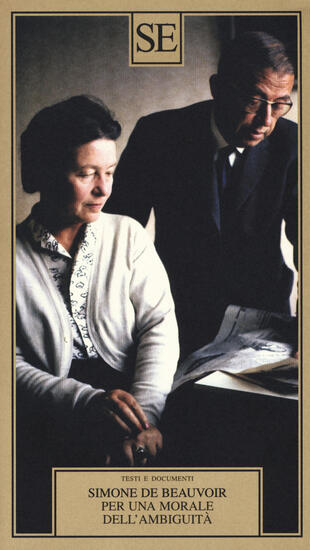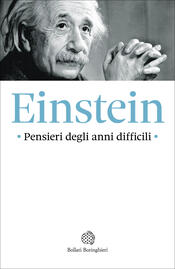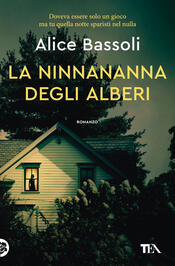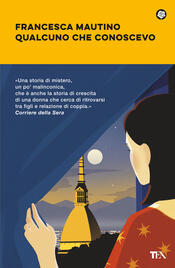

Sinossi
"Nell'inverno del 1946 Camus mi aveva chiesto, per non so più quale collana, uno studio sull'azione;" scrive Simone de Beauvoir nella sua opera autobiografica "La forza delle cose", del 1963 "l'accoglienza riservata a Pirro e Cinea m'incoraggiava a tornare alla filosofia. D'altra parte quando leggevo Lefebvre, Naville, Mounin, sentivo il desiderio di replicare. Incominciai così, in parte contro di loro, Per una morale dell'ambiguità. Di tutti i miei libri è quello che oggi mi irrita di più. La parte polemica mi sembra valida. Certo, ho perduto del tempo a combattere obiezioni futili; ma allora l'esistenzialismo veniva considerato come una filosofia nichilista, miserabilista, frivola, libertina, disperata, ignobile: bisognava pur difenderlo. In una maniera a mio avviso convincente, ho criticato l'ingannevole mito di una umanità monolitica di cui fanno uso gli scrittori comunisti - spesso senza confessarlo - volendo ignorare la morte e il fallimento; ho indicato le antinomie dell'azione, la trascendenza indefinita dell'uomo che si oppone alla sua esigenza di recupero, l'avvenire al presente, la realtà collettiva all'interiorità di ognuno; riprendendo il dibattito, allora così scottante, sui mezzi e sui fini, ho distrutto alcuni sofismi. Sul ruolo che hanno gli intellettuali in seno a un regime da loro approvato, ho sollevato dei problemi ancor oggi attuali."
- ISBN: 8867234927
- Casa Editrice: SE
- Pagine: 132
- Data di uscita: 05-12-2019
Recensioni
Existentialism was, for a sweet minute, the new way to think about self and the world in the 20th century; but few—so very precious few—understood anything about it. Christians were probably the primary reason it bombed among traditionalists, but its novel language, complex ideas, and deep avowal of Leggi tutto
‘ To will oneself moral and to will oneself free are one and the same decision. ’ Faced with an absence of moral absolutes, one must ask what a code of ethics would look like in a subjective existence. In The Ethics of Ambiguity , Simone de Beauvoir (best known for her cornerstone work, The Second Sex , Leggi tutto
Oh, Simone. You lend thoughtful sobriety to Sartrean and Camus-ian existential whingeing. Frankly though, existentialist writings (in the form of philosophical treatises, NOT novels - in fact, NEVER novels) tire me. This one got a bit tedious - I dislike zigzagging from grandiosity to brutal specifi Leggi tutto
De Beauvoir largely succeeds here in refuting the ridiculous claims that people used when trying to argue against the existentialists. Her prose is fairly straight forward (at least compared to Sartre's) and her arguments are very well crafted. You really get a sense in this work of how existential
This is one of my favorite books, and definitely my favorite philosophy book. It is by far one of the best books on existentialism. As you can tell from looking at the length of the book, she is very concise in her writing. This is a good thing as you don't have to put up with the fluff that some ph Leggi tutto
I don’t know what de Beauvoir I’d saying half the time, but when I do know what she’s saying blows my mind.
Citazioni
Al momento non ci sono citazioni, inserisci tu la prima!























